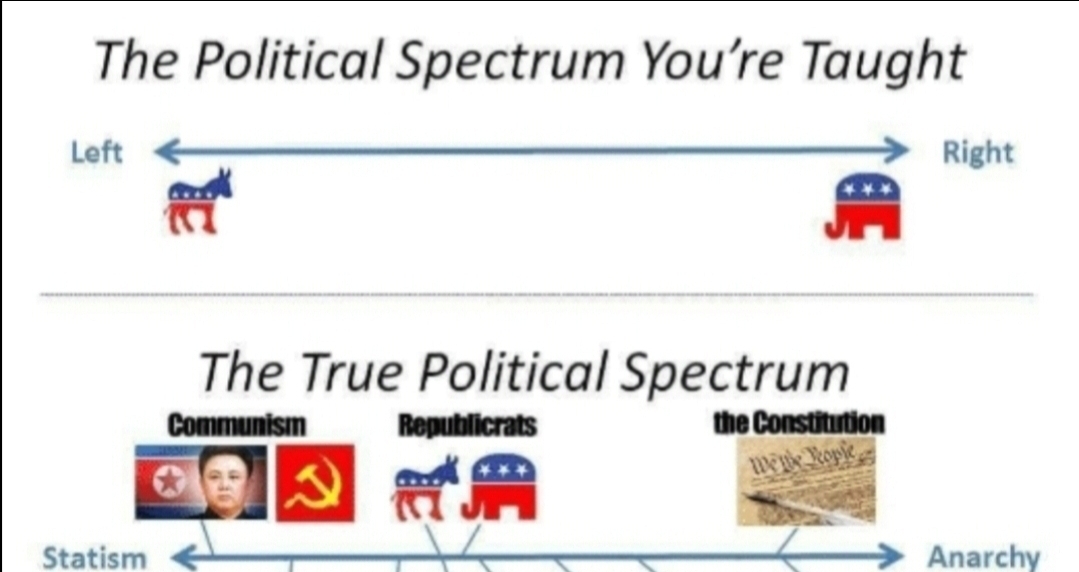There are two types of patriotism: State sanctioned and the other domestic terrorism deemed by the state.

The distinction between “state-sanctioned patriotism” and “patriotism deemed as domestic terrorism” by the state highlights the complex and often dangerous relationship between individual loyalty to a nation and the interpretation of that loyalty by those in power. This dichotomy can be seen in how governments label and treat different expressions of patriotism.
State-Sanctioned Patriotism:
- Definition: State-sanctioned patriotism is the form of national loyalty that aligns with the government’s official narrative, policies, and interests. It is characterized by support for the state’s actions, symbols, leaders, and ideologies.
- Characteristics:
- Support for the Status Quo: This form of patriotism often involves a strong endorsement of the existing political system, leadership, and national policies. It is encouraged and rewarded by the state because it reinforces the government’s authority.
- Ceremonial and Symbolic Acts: State-sanctioned patriotism is often expressed through participation in national ceremonies, displaying the national flag, singing the national anthem, and other acts that publicly affirm loyalty to the state.
- Unquestioning Loyalty: Those who exhibit state-sanctioned patriotism tend to refrain from criticizing the government, especially in times of crisis. Loyalty is equated with a lack of dissent.
- Propaganda and Education: Governments may promote state-sanctioned patriotism through education, media, and propaganda, emphasizing the importance of unity, national pride, and obedience.

Patriotism Deemed as Domestic Terrorism:
- Definition: When the government labels certain expressions of patriotism as domestic terrorism, it often involves individuals or groups who challenge the state’s authority or policies in the name of defending the nation’s true principles or the rights of its citizens.
- Characteristics:
- Dissent and Critique: This form of patriotism often involves questioning, criticizing, or opposing the government’s actions, especially when those actions are seen as harmful to the nation’s foundational values, such as liberty, justice, or democracy.
- Resistance to Government Overreach: Those who are labeled as “domestic terrorists” by the state may be resisting what they perceive as government tyranny, corruption, or violations of constitutional rights. Their actions may be motivated by a desire to protect the nation from internal threats, including the government itself.
- Civil Disobedience and Protest: Expressions of this form of patriotism may include protests, civil disobedience, and other acts of resistance. These actions are often portrayed by the state as threats to national security, even if they are non-violent.
- Repression and Surveillance: Governments may respond to this form of patriotism with surveillance, repression, and criminalization, framing it as extremism or terrorism to delegitimize the dissent and discourage others from joining the cause.
The State’s Perspective:
- Control Over the Narrative: Governments often seek to control the narrative around what constitutes “true” patriotism. By defining patriotism in terms that align with their interests, they can marginalize and suppress alternative views that challenge their authority.
- Labeling Dissent: Labeling dissent as terrorism or extremism serves to undermine the legitimacy of opposition movements. It also allows the government to use legal and military means to silence critics under the guise of protecting national security.
- Propaganda and Public Opinion: By framing dissenters as unpatriotic or dangerous, governments can rally public opinion against them, creating a climate where criticism of the state is equated with betrayal of the nation.
The Individual’s Perspective:
- True Patriotism vs. State Loyalty: For many, true patriotism involves loyalty to the principles and values on which the nation was founded, rather than blind loyalty to the state or its leaders. When the government strays from these principles, dissent may be seen as a patriotic duty.
- Risk of Repression: Individuals who express patriotism in ways that conflict with state-sanctioned narratives often face significant risks, including legal penalties, loss of rights, or violence. Despite this, many persist in their actions, believing that they are fighting for the true interests of the nation.
The tension between state-sanctioned patriotism and patriotism deemed as domestic terrorism reflects a broader conflict over who defines what it means to be loyal to one’s country. In authoritarian or highly centralized states, the government may equate patriotism with obedience, while any form of dissent is labeled as a threat. However, history shows that some of the most significant movements for freedom, justice, and reform have been led by those who were willing to challenge their governments in the name of a higher form of patriotism. Understanding this distinction is crucial for recognizing the complexities of loyalty, dissent, and national identity.

Statism vs. Liberty refers to two contrasting political philosophies:
Statism: Advocates for a significant role of the government in controlling economic and social affairs. It supports centralized power, where the state intervenes in various aspects of life, often justified by the need for order, equality, or public welfare. Examples include socialism and authoritarian regimes.
Liberty: Emphasizes individual freedom and minimal government intervention. Proponents believe in the protection of personal rights, private property, and free markets, arguing that individuals should have the autonomy to make decisions without undue state interference.
In essence, statism prioritizes collective control through government, while liberty prioritizes individual autonomy and limited government.








2 Responses
You should point out in this article that any state-sanctioned. Quote. Patriotism is actually communism or socialism. They cannot tell us what to do or how to act anybody. That has a liberty minded individual who only wants to go by the Constitution and what our true rights are. It’s truly a Patriot. Therefore, those of us who are quote. Deemed. Terrace by the state are actually those who are fighting for freedom and want to hoist the banner of maronai and we must fight against all state sanctioned bullshit
This is FACT! I was raised by my parents and specifically by my Father a WW2 Normandy/Bulge vet to respectfully question government “ authority “. They also taught me respect for lawful authority. It our DUTY from our founding documents to resist and throw such unlawful authority. When someone is peeing on your leg, dont let them tell you its raining out. Thats essentially whats been going on now for decades. We have sat back too long and not Gotten involved in the process to which make us uniquely American on the world stage. We can no longer and should’ve never, walked into a voting booth and voted for name, recognition, and party only. We must know who it is. We are voting for and only allowing them to In office if they are in fact constitutional. I gladly consider myself in the second category of the patriotism discussed in this article. Frankly, every American should be in that category as well. From Southern Utah, where we live, we cannot change anything, but our area that we live in through our vote. If we do our job correctly, the county in which we live in, and the others in other counties, who do the same, will make for a constitutional Utah. But in order for that to happen, it takes us to get off of butts and get involved. I submit to you that if it’s not done now, it will be too late.